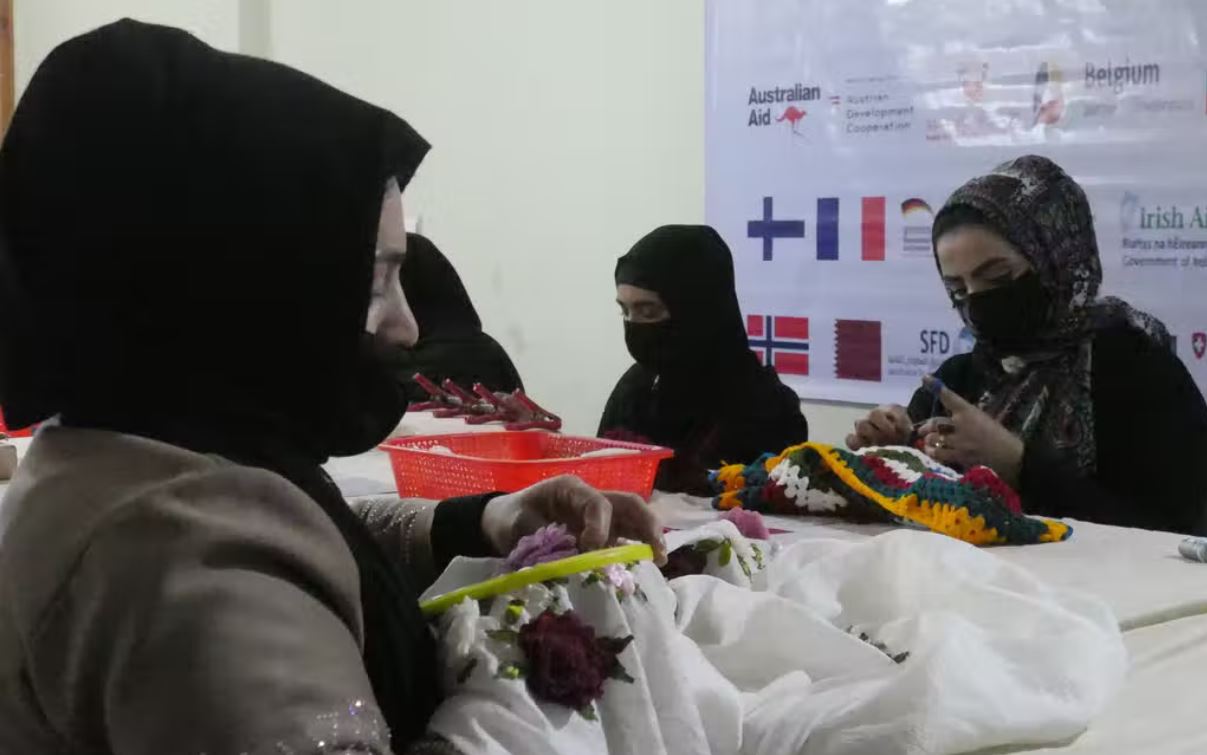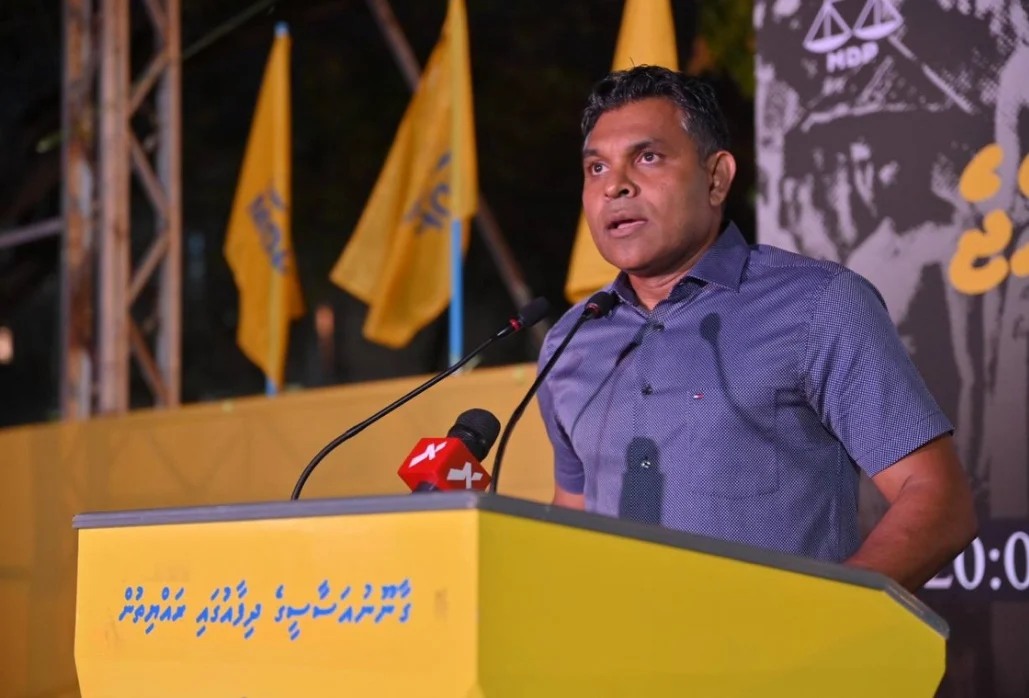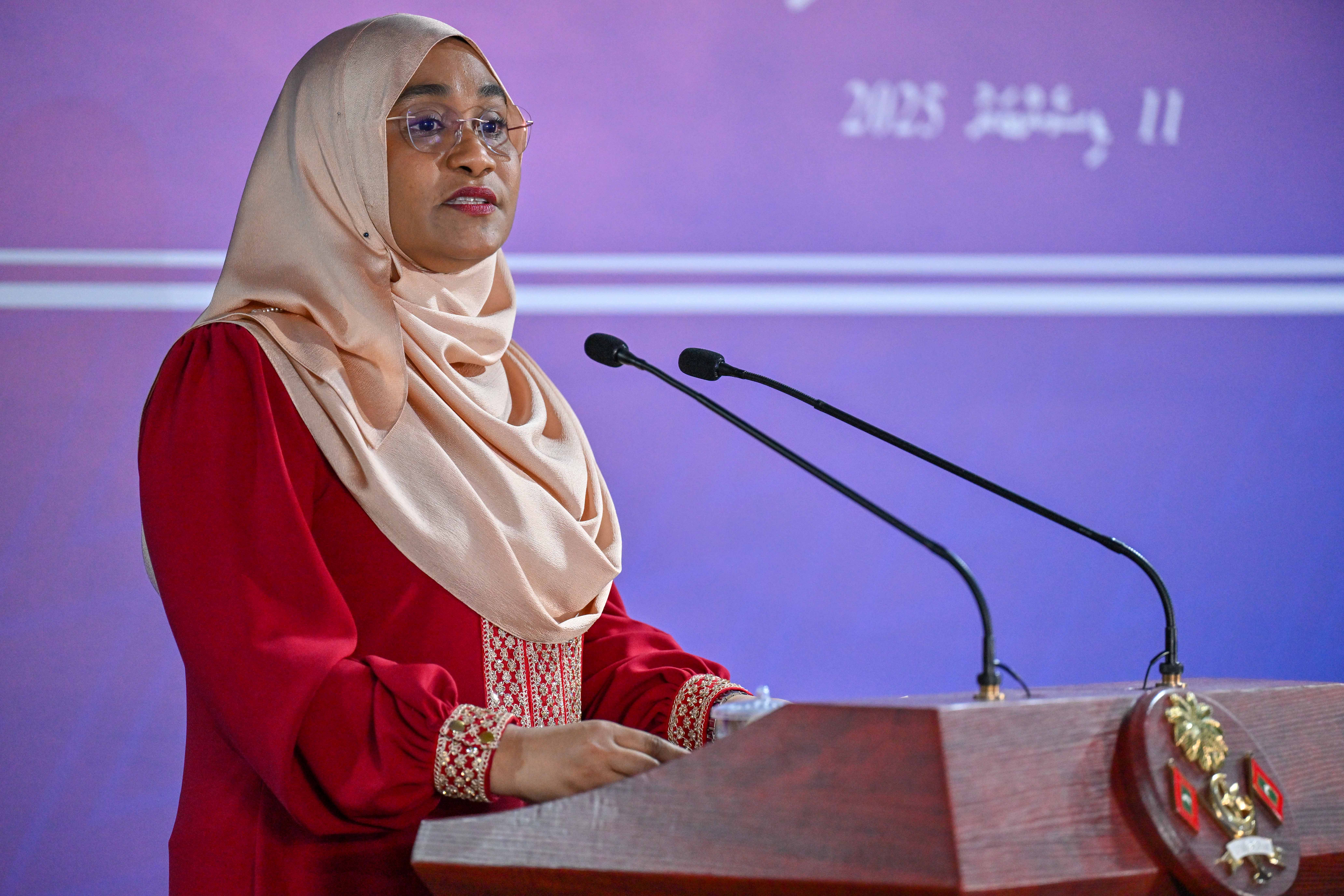All domestic and international non-governmental organizations in Afghanistan were told on Saturday to stop hiring women, according to the Taliban government, who claimed that some of the women workers weren't properly donning the Islamic headscarf. Separately, they forbade women from attending religious sessions at the mosques in Kabul, the country's capital.
The bans, which come only days after the Taliban forbade female students from attending colleges throughout the nation, are the most recent restrictions imposed by Afghanistan's new authorities against the rights and freedoms of women.
The NGO order came in a letter from Economy Minister Qari Din Mohammed Hanif, which said that any organization found not complying with the order would have its operating license revoked in Afghanistan. The ministry’s spokesman, Abdul Rahman Habib, confirmed the letter’s content to The Associated Press.
The ministry said it had received “serious complaints” about the female staff working for NGOs not wearing the “correct” headscarf or hijab. It was not immediately clear if the order applies to all women or only Afghan women working at the NGOs.
More details were not immediately available amid concerns the latest Taliban move could be a stepping-stone to a blanket ban on Afghan women leaving the home.
The UN condemned the NGO order and said it would seek to meet with the Taliban leadership to get some clarity.
The European Union — a major funder of aid organizations that work in Afghanistan, though it does not recognize the Taliban as the country’s official government — condemned the decision and said it was assessing “the impact it will have on our aid on the ground.”
The bans, which come only days after the Taliban forbade female students from attending colleges throughout the nation, are the most recent restrictions imposed by Afghanistan's new authorities against the rights and freedoms of women.
The NGO order came in a letter from Economy Minister Qari Din Mohammed Hanif, which said that any organization found not complying with the order would have its operating license revoked in Afghanistan. The ministry’s spokesman, Abdul Rahman Habib, confirmed the letter’s content to The Associated Press.
The ministry said it had received “serious complaints” about the female staff working for NGOs not wearing the “correct” headscarf or hijab. It was not immediately clear if the order applies to all women or only Afghan women working at the NGOs.
More details were not immediately available amid concerns the latest Taliban move could be a stepping-stone to a blanket ban on Afghan women leaving the home.
The UN condemned the NGO order and said it would seek to meet with the Taliban leadership to get some clarity.
The European Union — a major funder of aid organizations that work in Afghanistan, though it does not recognize the Taliban as the country’s official government — condemned the decision and said it was assessing “the impact it will have on our aid on the ground.”


















